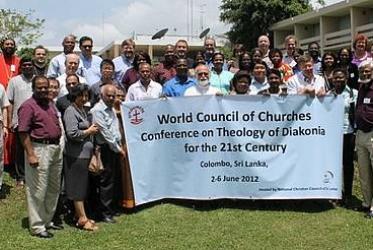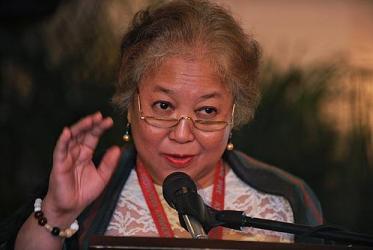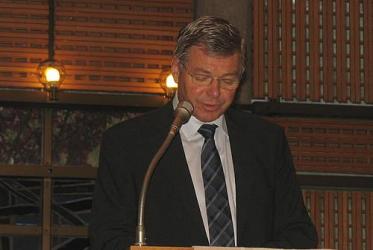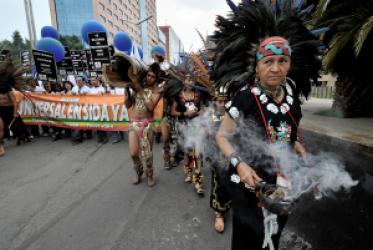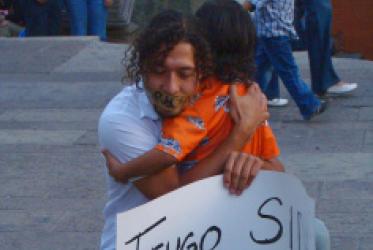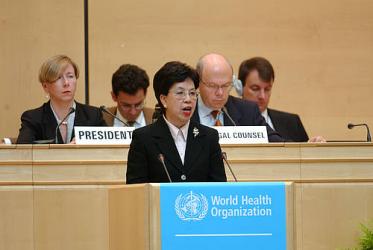Displaying 61 - 80 of 136
Women with disabilities take a stand against violence
08 March 2013
Theologians and activists reflect on WCC assembly theme
06 December 2012
Churches on the move amidst changing landscapes
26 March 2012
CWME invokes new understanding of mission and evangelism
22 March 2012
Praying and reflecting on World Mental Health Day
10 October 2011
WCC concerned about anti-homosexual bill in Uganda
22 December 2009
20 years of World AIDS Day is time for faiths to "take stock"
28 November 2008
Food price crisis: What does it mean? What can we do about it?
19 November 2008
WCC executive committee meets and approves budget and statements
30 September 2008
Global campaign to promote "HIV-competent" churches
06 August 2008
HIV/AIDS: "We can't be silent"
19 February 2008




